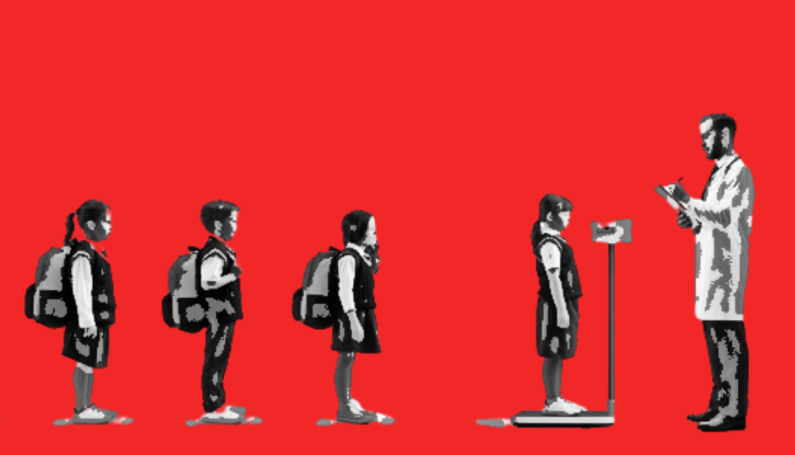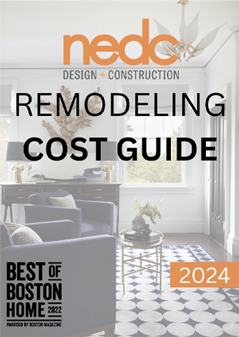It’s a sentence I never expected to hear: “This test confirms your mother has Alzheimer’s disease.” I’d talked myself in and out of something being amiss for a couple years. I had mostly convinced myself that what I was noticing was not a big deal. I didn’t picture that I’d soon be caring for a parent with dementia. But I couldn’t shake the feeling that something was off.
My mother lives with my family. She moved in years ago after my father passed away. The arrangement had been working well, and we were able to be there for each other. To be honest, we’d always pictured it this way — I grew up in a two-family house with my grandparents, and my husband’s grandmother had lived with his family as well.
But a few years ago I started noticing some concerning changes. My mom is a very funny, very quirky woman. She is tough as nails and the most generous soul on earth. She would, and has, given away her last dollar to someone who needs it. She was in her mid-60s and still working, but the combination of my father’s passing, COVID isolation, and the loss of several close friends and family in rapid succession took a toll.
Some things just seemed different. She was forgetting how to log in to her computer despite working at the same company for 30 years. She would spiral about forgetting and then end up in a panic attack. She was misplacing a lot of things, replacing words with other similar words, and asking the same questions over and over. She gave her social security number to a scammer selling weight-loss pills.
I blamed most of it on unprocessed grief and trauma, which I am certain is still a factor. But I believe I knew, deep down, that something was wrong. My grandfather was diagnosed with Alzheimer’s disease when I was 15, and I remember vividly the toll it took on my grandmother and my mom. Seeing the very tough WWII Marine decline into a small, timid, almost childlike patient, did a number on her. The same fate became her biggest fear.
So when I started to notice changes in her, I wondered if it was in my head — or hers. Was her anxiety leading to memory issues or the other way around? The tipping point came when she had a fall, missed a flight, and experienced a lot of confusion and tears. I knew I had to schedule a visit with her PCP.
Telling the doctor my mom had been forgetting things and getting confused was awful. The doctor did a baseline cognitive exam, which we both cried through, and diagnosed my mom with mild to moderate cognitive decline.
Eventually, after a full workup with a neurologist and cognitive specialist — and what felt like a million appointments, tests, and scans — we were given the official diagnosis of Alzheimer’s disease. The diagnosis itself wasn’t the worst of it, though — it was the testing. Dragging my mom to all the appointments, blood draws, MRIs, PET scans, spinal taps. Watching her struggle to draw a square or answer basic questions. Her embarrassment as she realized something was amiss. Calling herself broken.
We’re two years into this journey, and I know we have a long road ahead. I never pictured my life this way, and I’m sure she didn’t either. I have two kids 6 and under. My life is pure chaos, even without caring for a declining parent. My mom is only 68 years old. She is my kids’ favorite person — the one who makes them laugh the most. I am overwhelmed and, frankly, scared.
There is a veil of sadness that seems to be with me even in the most joyous moments. I’m trying to be the best mom, wife, daughter, friend, and employee I can, but it is safe to say I am burning the candle at both ends.
Whether you have a parent with Alzheimer’s or another form of dementia, or you know someone who does, I want to share some ideas and resources that have helped me take things step by step when I have felt helpless.
1. Acknowledge you cannot do this alone.
I am eternally grateful for those who have jumped in to help. For the family, friends, and community who tapped me on the shoulder early on to say, “Hey, I noticed something about your mom” and validated me in my concerns. I’m so thankful for those who have been willing to take her to appointments when I cannot.
2. Get the paperwork in order.
This piece is difficult when emotions are running high, but we began to create my mom’s will, power of attorney, and healthcare proxy early on. We added names to bank accounts and got access to her affairs so we’d be prepared to manage finances and decisions when the time came. My sibling and I have a shared calendar of appointments, to-dos, and important documents. It was hard, but necessary. This was much easier to do before she passed the point of not being able to consent to any changes.
3. Find people who get it.
Sometimes you just want to talk to someone who knows — someone you don’t have to explain things to. Whether it’s a social media group or a friend, you need that outlet. I found communities like Purple Hydrangea Dementia Care that offer support groups and one-on-one coaching. There is a memory care meetup at a local coffee shop in my town once a week. And there are great resources for all kinds of dementia via the Alzheimer’s Association.
4. Tap out.
Need a break? Take it. If you are a primary caregiver or live with a parent or other person with dementia, you need to take time for yourself to refresh your energy and be able to give them what they need. Rely on your community.
5. Move your body.
I have always used movement to help calm my mind and body. Whether it’s punching the heck out of a punching bag, cycling, or centering myself with yoga, I know I am a better mom, daughter, and human when I am active. So even when it seems impossible and my tank feels more than empty, I prioritize this for myself.
6. Embrace therapy.
Listen, I am die hard team “everyone would benefit from therapy,” but in this season of my life, it’s possible I wouldn’t survive without it. Having that hour once a month, or week, to talk through my biggest stressors, challenges, and maybe some strategies to cope has kept me afloat. I am mad, I am sad, and I am spending so much energy managing care that I have very little left to process my feelings about losing my mother this way. Therapy has been huge for my own well-being.
7. Scream into the abyss.
I am only partially joking about this. This experience &%(#)*$ sucks. Sometimes, you’ve got to just yell it out.
They call it the long goodbye for a reason. Those who’ve lost a loved one over a long period of time, to any kind of illness, know it is a different kind of grief — a slow drip of pain and loss, and there is no easy way to handle it. The best you can do is the best you can do, and that will change every single day. Love your person, love yourself. Enjoy the memories, the laughs, and the stories. Cry and scream when it’s hard. Do all of it, feel all of it. One way or another, you will make it through.
















